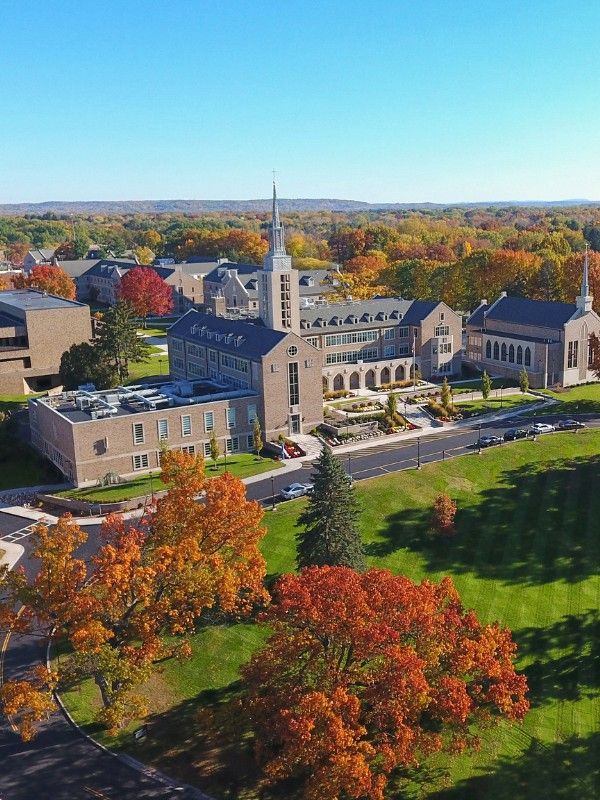

Become a Family Nurse Practitioner (FNP) Online with Georgetown University
Become a Family Nurse Practitioner in 27 months by earning your Master of Science degree in Nursing from Georgetown University. Develop the skills needed to manage primary care for patients in your community.
- CCNE Accredited
- Complete the 44 credit program in as few as 27 months
- Clinical Placement Support
SPONSORED


Earn Your MSN Online from Simmons University
Earn an MSN online from Simmons University. Choose from two program options — FNP or PMHNP — and prepare to raise the standard of patient care.
- Choose from two program options — FNP or PMHNP
- Complete in as few as 24 months
- Full-time and part-time tracks available
SPONSORED


Prepare to Become a Family Nurse Practitioner at Fisher
The Primary Care Family Nurse Practitioner (PCFNP) program from the Wegmans School of Nursing at St. John Fisher University can be completed in as few as 24 months. Bachelor’s in nursing, RN license, and clinical experience required.
- CCNE-accredited
- Complete in as few as 24 months
- Part-time and accelerated tracks available
- Four program options
SPONSORED
